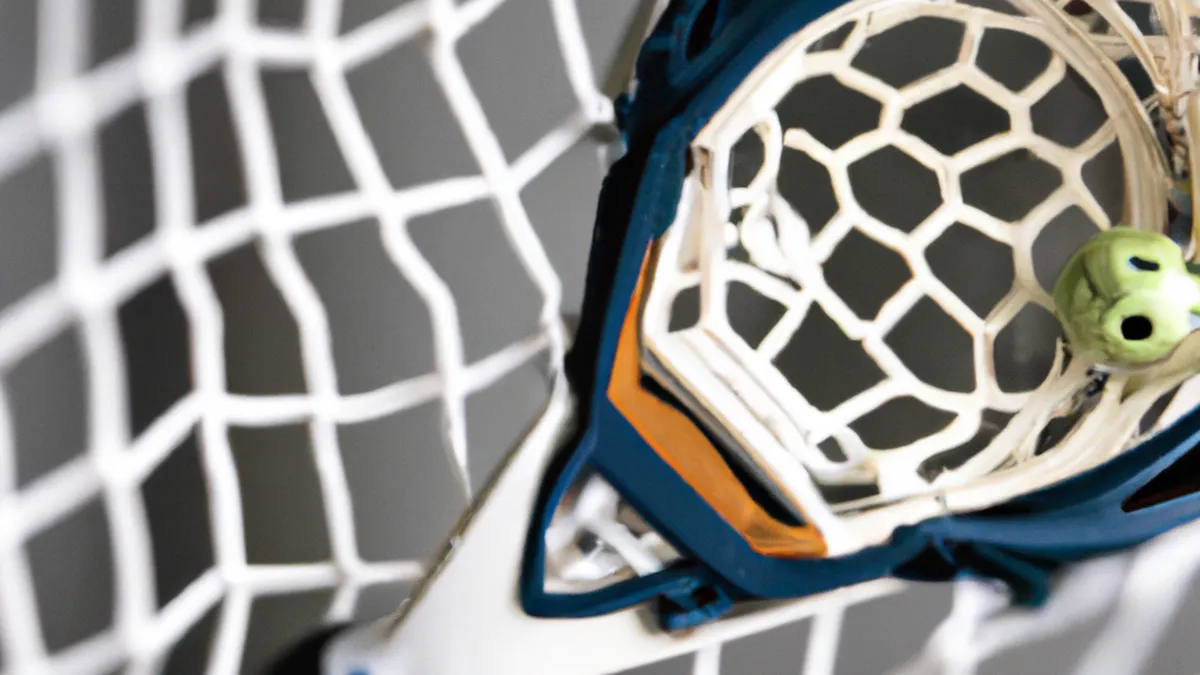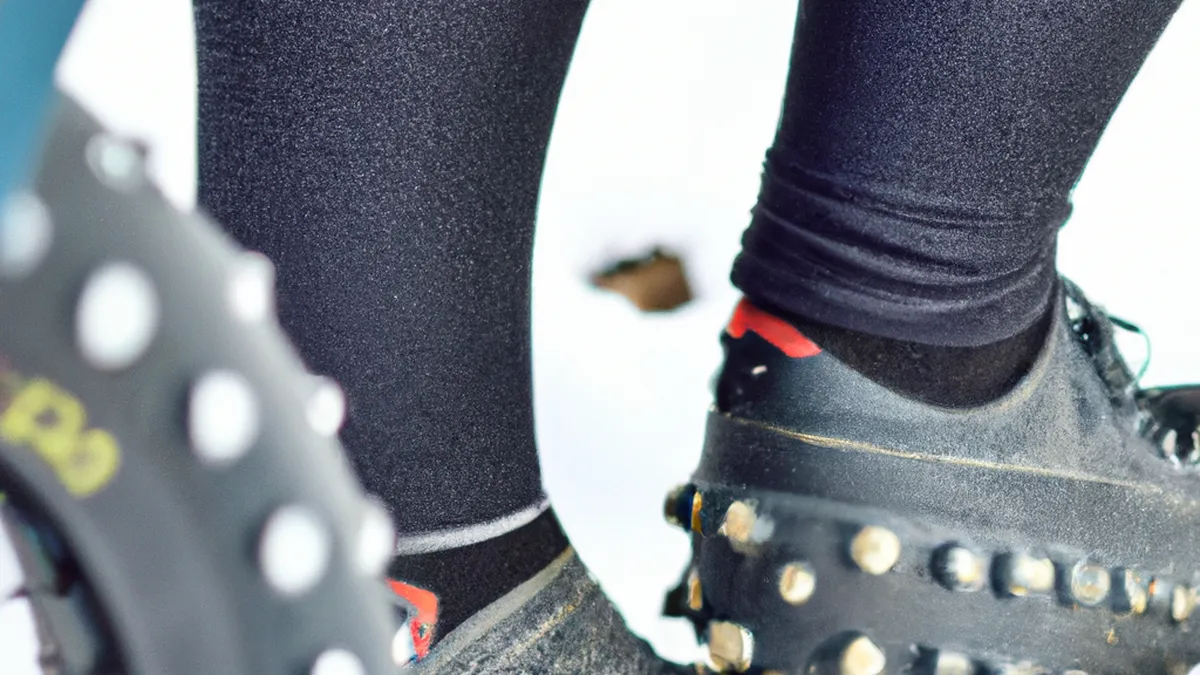Explore Advanced Foam Rolling Strategies
Foam Rolling for Muscle RecoveryAthletes and fitness enthusiasts now incorporate foam rolling into their routines. This effective technique relieves muscle tension, improves flexibility, and accelerates recovery. Proper use of foam rollers enhances your post-workout routine and overall performance. This article explores the benefits, techniques, and best practices for foam rolling to maximize muscle recovery.
What is Foam Rolling?
Foam rolling uses a cylindrical foam roller to apply pressure to sore muscles and fascia. This technique falls under self-myofascial release (SMR). Targeting tight areas, foam rolling breaks down knots and adhesions in muscle fibers. Gentle pressure increases blood flow to muscles, speeding recovery and reducing injury risk.
The Science Behind Foam Rolling
As an Amazon Associate I earn from qualifying purchases.
Gear tip: consider foam roller, massage gun, and lacrosse ball to support this topic.
Foam rolling offers several physiological benefits. Applying pressure stimulates the nervous system and promotes muscle relaxation. This process reduces muscle tension and enhances overall function. Foam rolling also raises muscle temperature, improving elasticity and reducing stiffness.Research shows foam rolling effectively reduces delayed onset muscle soreness (DOMS) after intense exercise. Studies reveal athletes who foam roll experience less soreness and improved range of motion compared to those who don’t.
Tips for Effective Foam Rolling
Follow these tips to maximize your foam rolling experience:1. **Start Slowly**: Apply gentle pressure initially. If new to foam rolling, avoid rolling too quickly or applying excessive pressure. Gradually increase pressure as your body adapts.2. **Target Sore Areas**: Identify and focus on tight or sore spots. Spend extra time on these areas while listening to your body’s signals.3. **Use Your Body Weight**: Adjust pressure using your body weight. Lean more onto the roller for deeper pressure. Use your hands or feet to reduce pressure.4. **Incorporate Breathing**: Practice deep, rhythmic breathing as you roll. Inhale through your nose and exhale through your mouth to relax and release tightness.5. **Stay Hydrated**: Drink water before and after foam rolling. Hydration helps flush out toxins and promotes optimal recovery.
Techniques for Foam Rolling
Roll Out Major Muscle Groups
Start with larger muscle groups that typically hold tension. Focus on areas such as quads, hamstrings, glutes, and back. – **Quads**: Lie face down and position the roller under your thighs.
Conclusion
Foam rolling enhances muscle recovery through improved flexibility and reduced soreness. Implement these techniques to optimize your recovery routine.
Below are related products based on this post:
FAQ
What is foam rolling?
Foam rolling is a technique that utilizes a cylindrical foam roller to apply pressure to sore muscles and fascia. It falls under self-myofascial release (SMR) and helps break down knots and adhesions in muscle fibers, promoting increased blood flow and reducing injury risk.
What are the benefits of foam rolling?
Foam rolling offers various physiological benefits, including reduced muscle tension, improved flexibility, and accelerated recovery. It also raises muscle temperature, enhancing elasticity and reducing stiffness, which can lead to better performance during workouts.
How can I maximize my foam rolling experience?
To maximize your foam rolling experience, start slowly with gentle pressure and focus on sore areas. Incorporate deep breathing, adjust pressure using your body weight, and ensure you stay hydrated before and after rolling to promote optimal recovery.















Post Comment